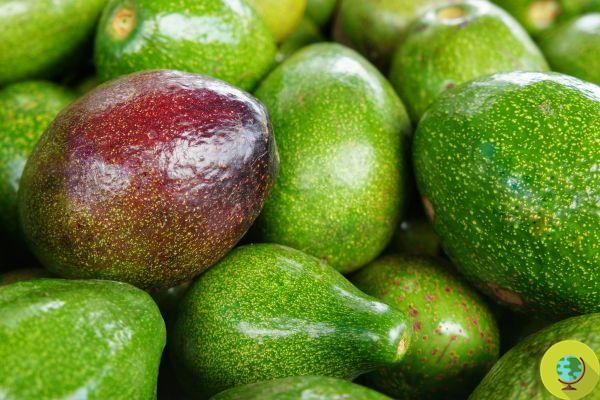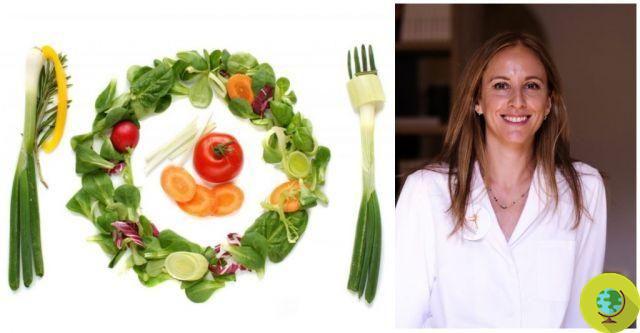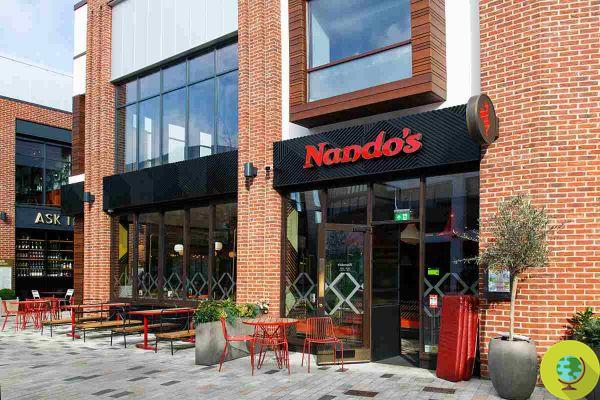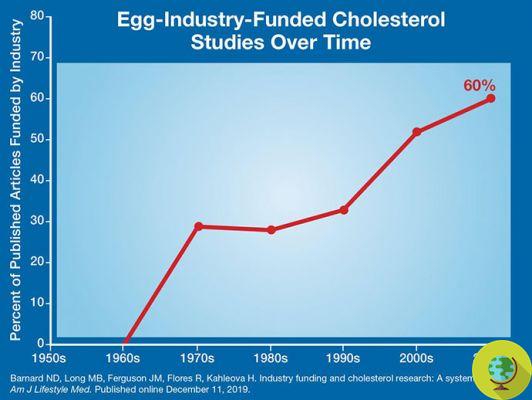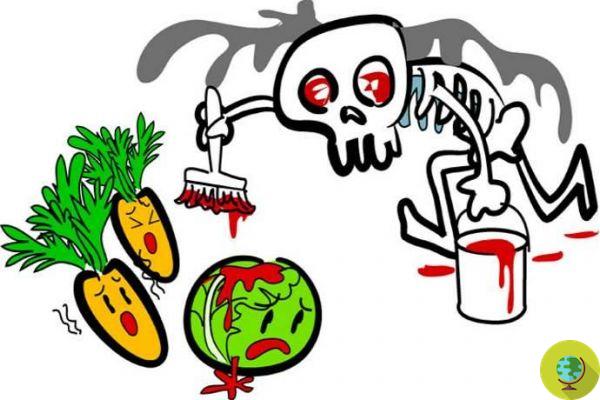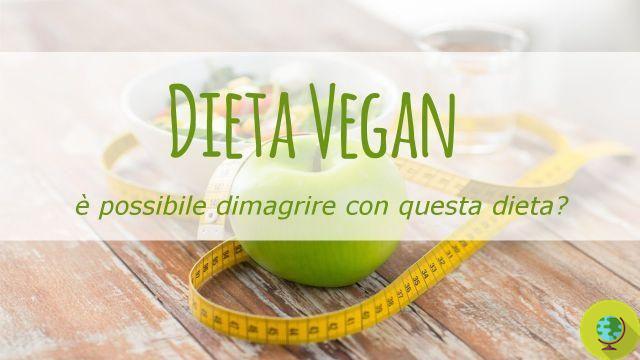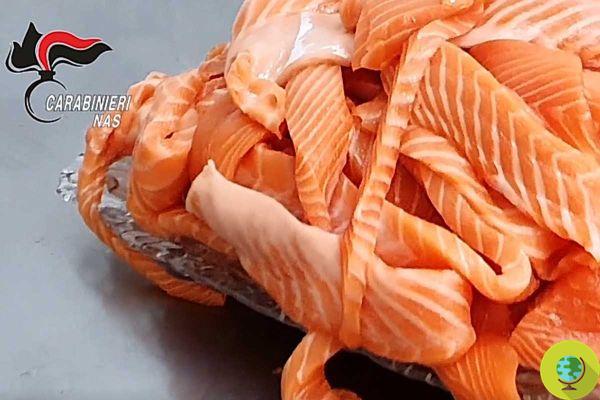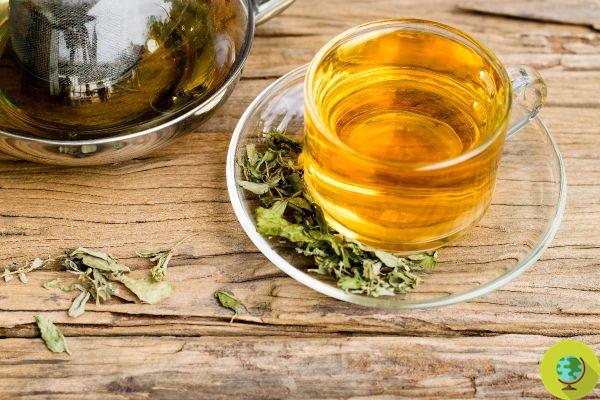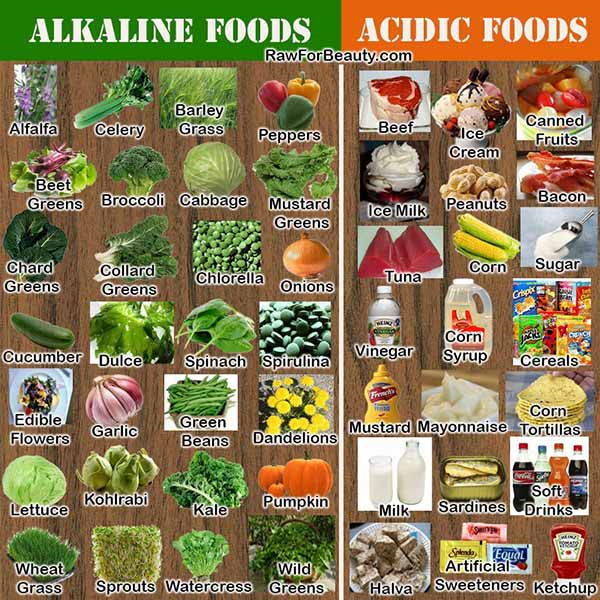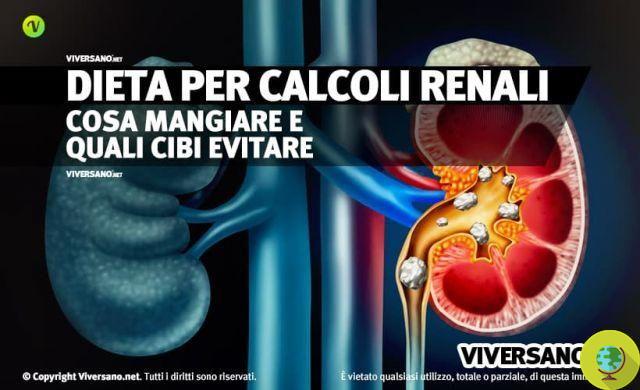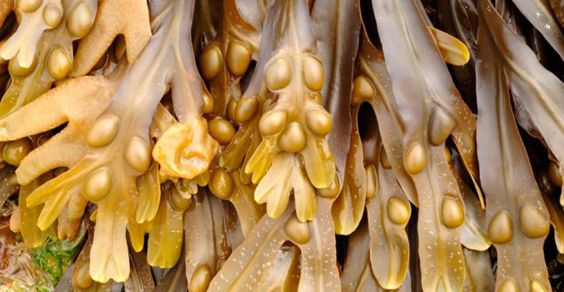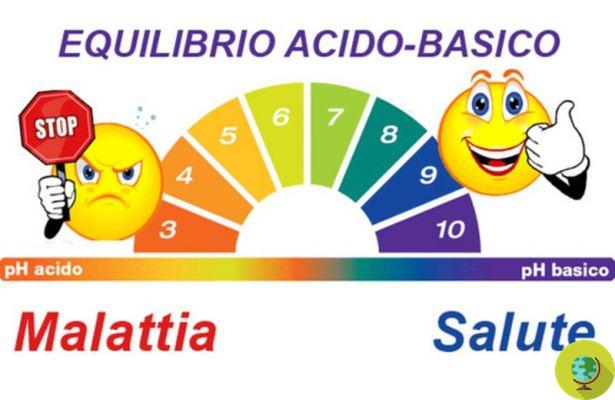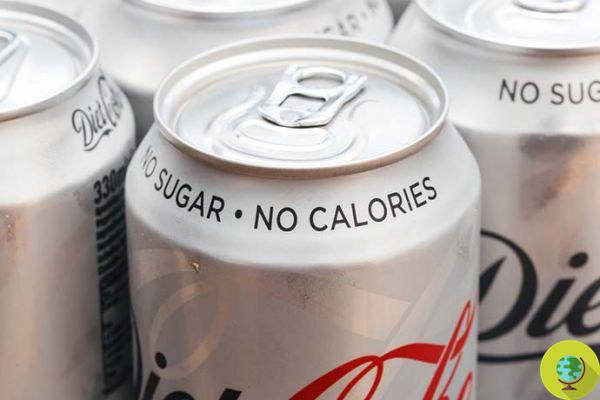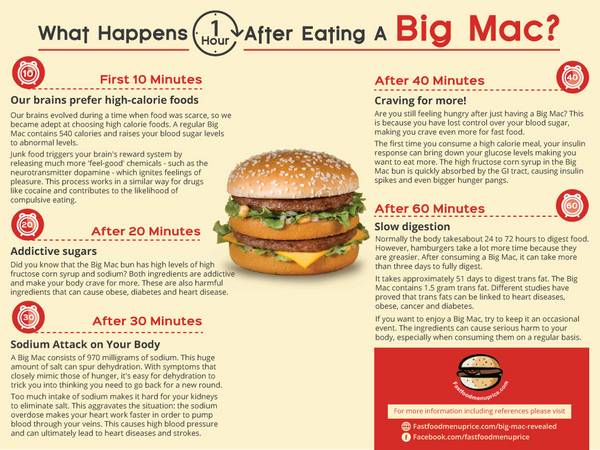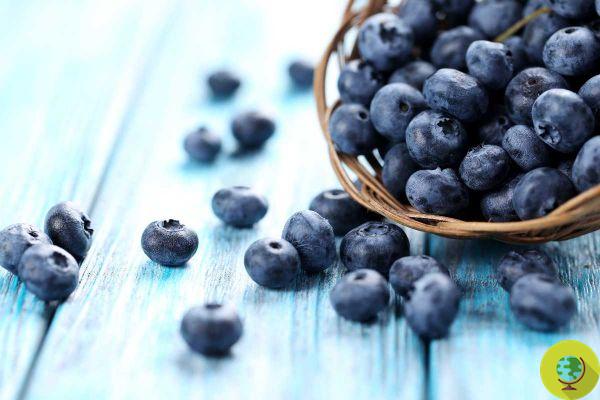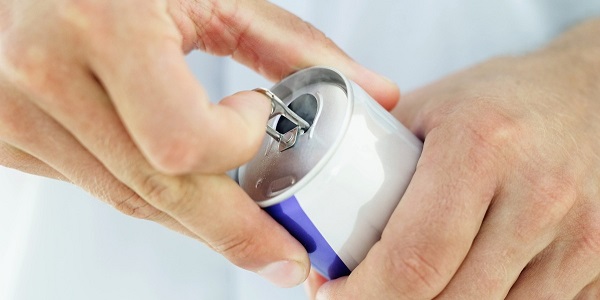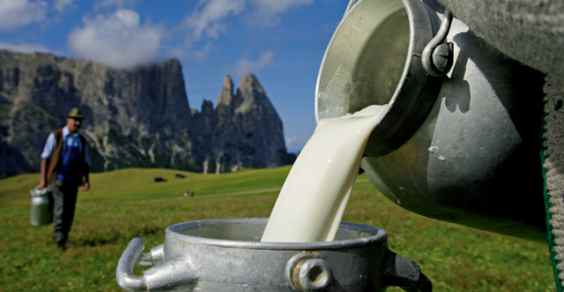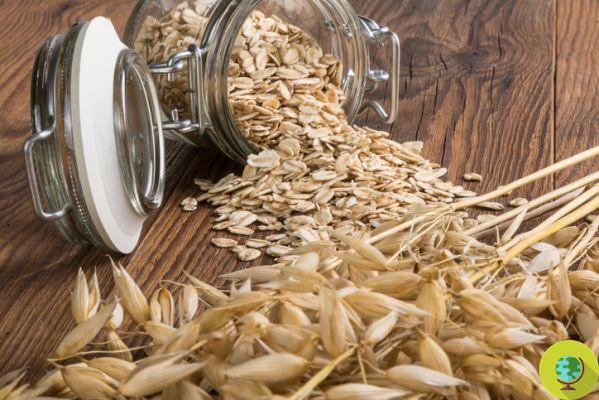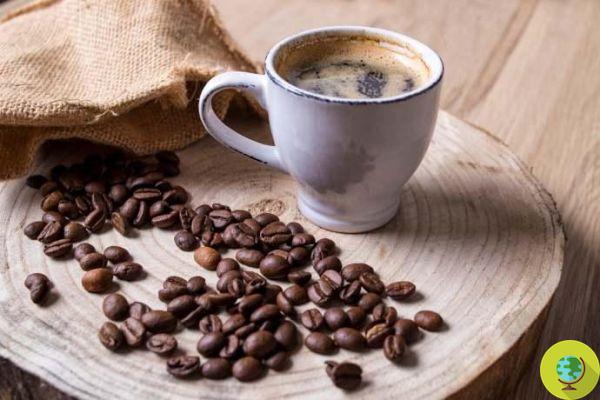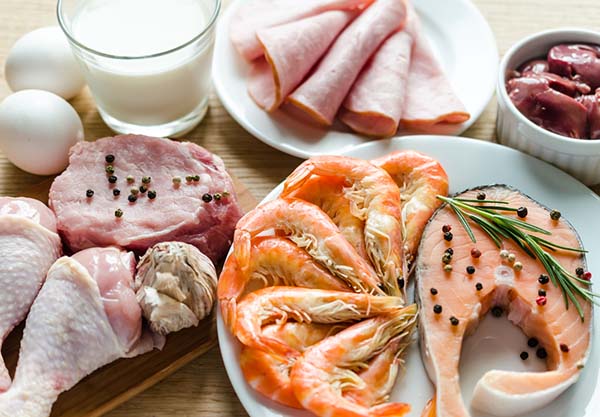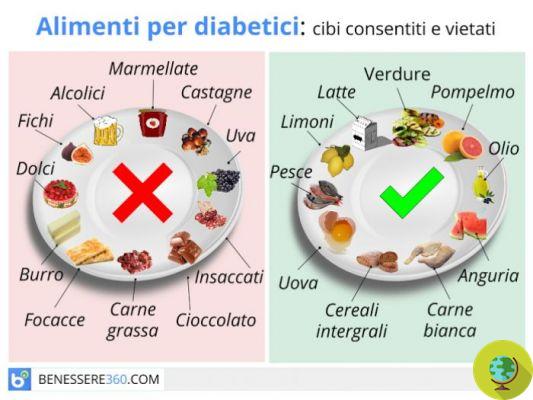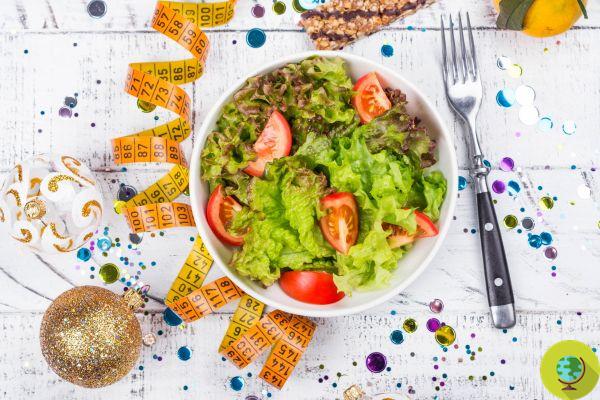
A nutritionist explains to us why after the Christmas holidays the scale reaches even up to two kilograms more?
Don't store avocado like this: it's dangerousA nutritionist explains to us why after the Christmas holidays the scale reaches even up to two kilograms more? And above all because we must not be frightened by this number
Christmas has passed and, in view of the New Year's Eve dinner, how many of you are assaulted by guilt for having eaten and drunk to your fill in these holidays? The balance has been merciless and now you try in every way to run for cover, risking lightning diets and detox fasts of the last hour. But are we really sure it's the best strategy? We asked Dr. Marco Ciambotta, nutrition biologist creator of the Nutritional Plan who kindly wrote us this precious testimony that we invite everyone to read.
Food during the Christmas holidays is an indispensable element of sharing and conviviality. The set table is a very effective glue of human relationships. It is therefore right to live the Christmas holidays with friends and family with freedom and serenity, without falling into useless privations or feelings of guilt.
Index
What happens to our body after Christmas binges
The effects of free meals are essentially two: weight gain and impaired intestinal function.
Weight Gain: What Does It Come From?
After one or more free meals, such as those that we rightly allow ourselves on holidays, the weight can suddenly increase even up to 2Kg. This increase is completely normal and, contrary to popular belief, it is not due to the increase in fat. In fact, two kilos of body fat equals about 15.000 calories and it would be nearly impossible to gain that much weight in just a few days, even if you put in some serious effort. But if it is not entirely due to the storage fat, what is the cause of this increase?
The mistake of thinking that weight change indicates fat change is quite common, as well as counterproductive. To understand why weight fluctuates we must evaluate body composition, whose main variables, in addition to fat, are the muscle mass, thewater and glycogen.
As we have just seen the amount of fat does not vary significantly in a short time, rather it takes weeks and months, hence the importance of a slow, continuous and sustainable weight loss in the long run. The same goes for muscle mass: to appreciate the changes it takes quite a long time and it is unthinkable that it increases sitting for days at a table to eat.
Let's see in detail the other two components of the body composition:
- THEwater it is the most important component of our organism, it represents about 60-70% of the weight of each of us. For example, a man of 80Kg is made up of about 50 liters of water, practically a real living aquarium.
- Il glycogen it is the reserve of carbohydrates and we can compare it to our energy store. It is found in the liver and muscle for an average amount of about 0.5Kg. Each gram of glycogen binds to 3g of water, so that an increase of 0.5Kg corresponds to 1.5Kg of liquids.
If we add 0.5 of glycogen to 1.5Kg of water we have exactly the 2Kg we see on the scale the day after the free meal.
To conclude, short-term weight fluctuations are not caused by fat, rather they depend on an increase in water and glycogen, as well as on fecal residues!
This increase is not only momentary but also very normal: these physiological fluctuations occur every day. In this period they are only more exalted because of the countless free meals! The magnitude of the increase depends on how “empty” the glycogen stores were before the holidays.
To put it more simply, if you followed a low-calorie diet before Christmas, the weight gain after the holidays will be greater than if you already had "full" reserves.
Alteration of intestinal function
Our intestinal ecosystem is in a delicate dynamic balance according to the stimuli it receives from the outside: nutrients, fibers, toxins and pathogens.
On holidays it is normal for us to find ourselves eating larger quantities but also unusual foods. Our intestinal system is then cleared to do overtime and it is likely that normal balance can be altered.
This could be due to some excess sugar, lactose, higher fat content, fodmaps, and even irritants such as alcohol, chocolate, coffee and spices.
Obviously the effect depends on the quantity and quality of the extras but also, and above all, on the individual sensitivity. To pay the consequences are mainly those who suffer from irritable colon.
Also in this case the effect is only momentary and the organism has all the weapons at its disposal to restore the situation in the shortest possible time.
What to do then?
The first step is not to fall into despair, in fact stress could exacerbate the situation even more.
It is necessary to be aware that these are normal and above all temporary effects. In a few days you will return to the previous balance without doing practically anything. This is true if you don't keep eating pandoro, chocolates, nougat, lasagna and drinking alcohol. The first step, as always, is to remove the causes of the problem and then wait with confidence.
You simply need to take one back healthy eating without compensating with drastic behavior which, in addition to being useless, would exacerbate the problem.
Intermittent fasting, as well as protein-lipid or highly low-calorie meals, could be useful, but they are strategies that I recommend only to those who already have an adapted metabolism to do so. Otherwise it would be extreme behaviors that your metabolism would not handle, and you would find yourself binging worse than before and ending up in a dangerous vicious circle.
To make you understand what I mean: if I were trained to run a 20Km marathon I would recommend them, but otherwise it would be absolutely counterproductive because the following days you would not even be able to get out of bed and you would have no metabolic benefit.
This is why it is necessary to improve the lifestyle in everyday life and enjoy exceptional events such as Christmas glories in total serenity. It is the constancy of the lifestyle that conditions body composition and health, not the exceptions.
Speaking of sports, I want to close by giving you the main advice which, as always, is to train according to your possibilities and abilities. Exercising is useful both for intestinal function and for reducing the glycogen reservoir a little. Furthermore, playing sports has a powerful effect on stress, increases antioxidant defenses and strengthens the immune system. In short, it has all the effects that are needed to continue to enjoy the holidays and, above all, this historic moment of pandemic
So if you are sporty, train after the holidays, while if you are not it could be a good opportunity to start!
If you liked it and want to know more about the Nutrition Plan of the Doctor Ciambotta to eat well without following a diet: www.pianonutrizioni.com
Follow us on Telegram | Instagram | Facebook | TikTok | Youtube
You might also like:
- Detox diet: 10 ways to purify the body while having fun
- How to cleanse the liver and kidneys after Christmas binges (and in view of the New Year's Eve dinner)
- Exaggerated at the table? Better a detox day right away (and before New Year's)
- Do you have a sugar addiction? 10 signs to recognize it and how to fight it
- How to prepare a green tea detox tea perfect for Christmas




